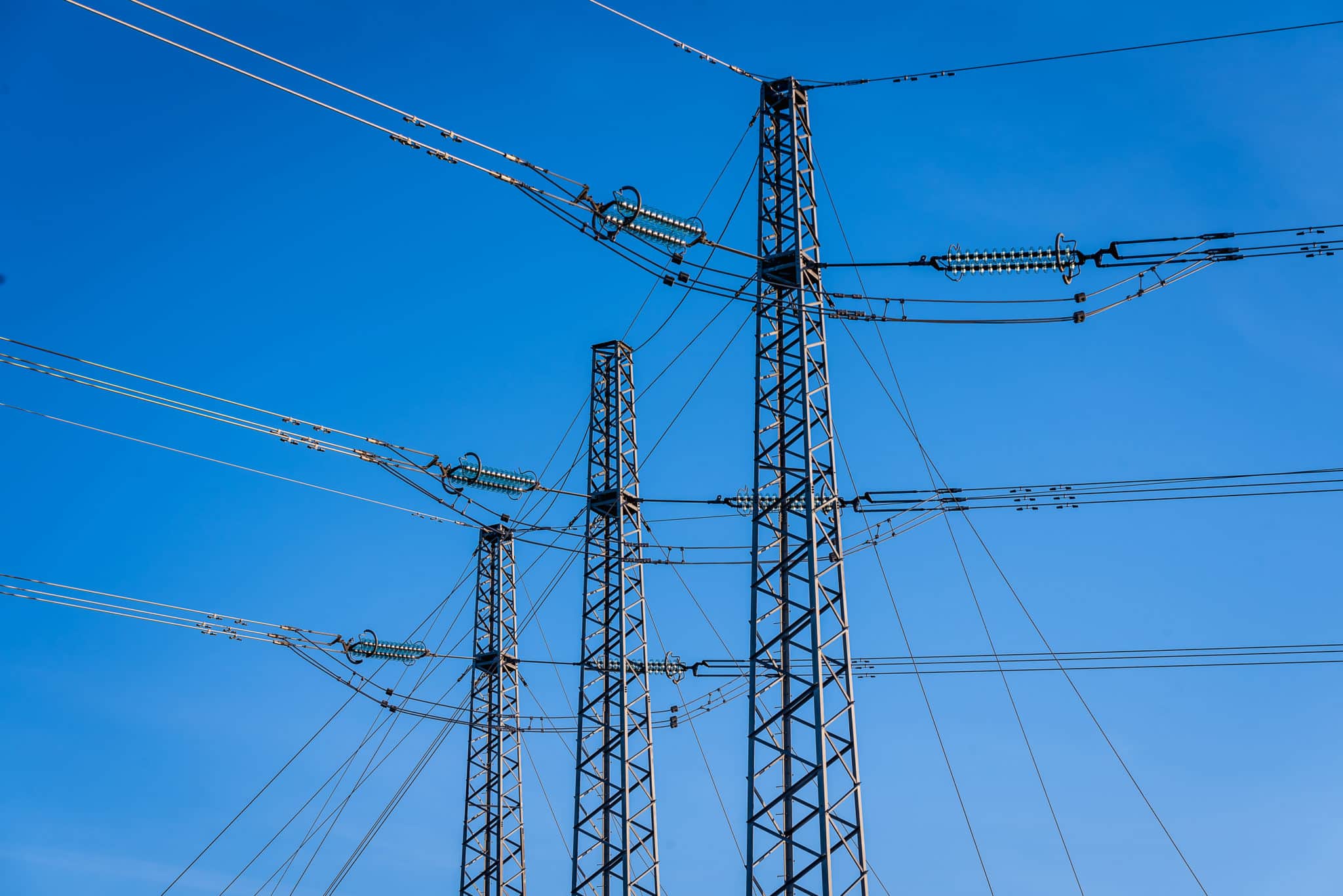Background
The committee was appointed in June 2021 on the basis of the increased demand for electricity grids since 2018.The mandate of the committee was to propose measures to reduce the time to develop and license new grid facilities, review the principles for ensuring a socio-economic development of the power grid, and assess possible improvements in the system with connection obligation.
The report highlights the role of electrification as a key measure to achieve the Norwegian climate targets the 2030 Climate Plan by replacing fossil fuels with electric power.
The proposed measures: Reduced lead time, better utilization and development of the network
The committee concludes that the current framework has created the foundation for a well-functioning energy. However, considering the increased degree of electrification in the future, the committee sees it necessary to propose several changes to the framework.
In the report, the committee assumes that the most important issues for the development of electric grids are that it takes a long time to develop and license new large systems and that the projected consumption development appears to be both large and very uncertain, and that the connection process is unpredictable and not standardized.
The following are the most central issues in the 220-page long report:
Measures for socially rational development of the network
The committee would like to provide better price signals to potential network customers, this would reduce the uncertainty in demand for network capacity, as well as providing more predictability for network customers’ own processes.
Price signals for capacity reservation can also help to uncover the realism of projects that require connection, and to make better use of the existing network. The measures are also expected to facilitate better network planning and better utilization of existing networks. These are expected to provide a better basis for license applications and license processing and will thus be able to support the goal of a socially rational network development in a time of great uncertainty about demand.
Measures to reduce the time it takes to plan and license processing network facilities
The committee highlights that it is both possible and necessary to improve the processes and reduce the overall lead time for large grid systems without compromising the quality or the involvement of affected actors.
Supervision may contribute to the grid companies handling connection cases without undue delay. Through proposals for deadlines and progress plans, earlier and better studies and more use of parallel processes, the committee wish to make the connection process more predictable for both network companies and network customers. The committee would also like to standardize the connection process encountered by network customers.
This will help to reduce the uncertainty on the future demand for grid capacity. Extended connection obligations could provide a clearer definition of roles and responsibilities in the regional network, and thus a more comprehensive development of the regional network.
Improving the connection process
To reduce the lead time, the committee has emphasized that licensing of network measures must ensure the involvement of affected interests. The committee expects that the measures will be able to contribute to a significant reduction in the time it takes to develop, license process and realize grid facilities. The estimated reduction time is approximately 1-8 years depending on the size of the power lines.
The process onwards
It is expected that the Government will send the report for public consultation. Some of the committee’s proposals call for a change in the law, which requires time before it can be implemented. On the other hand, several of the committee’s proposals can be implemented without legislative changes. This means that the proposals could be implemented quickly after the consultation has taken place.
Official Report “Grid on time” – on the development of the power grid (NOU 2022: 6).





